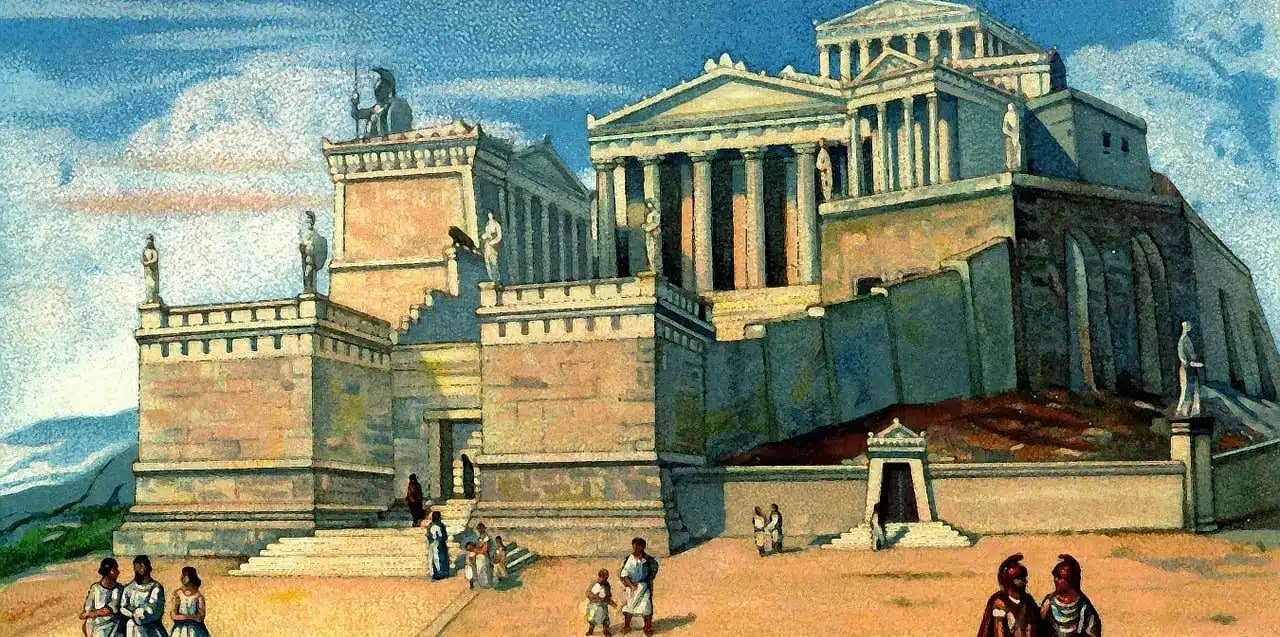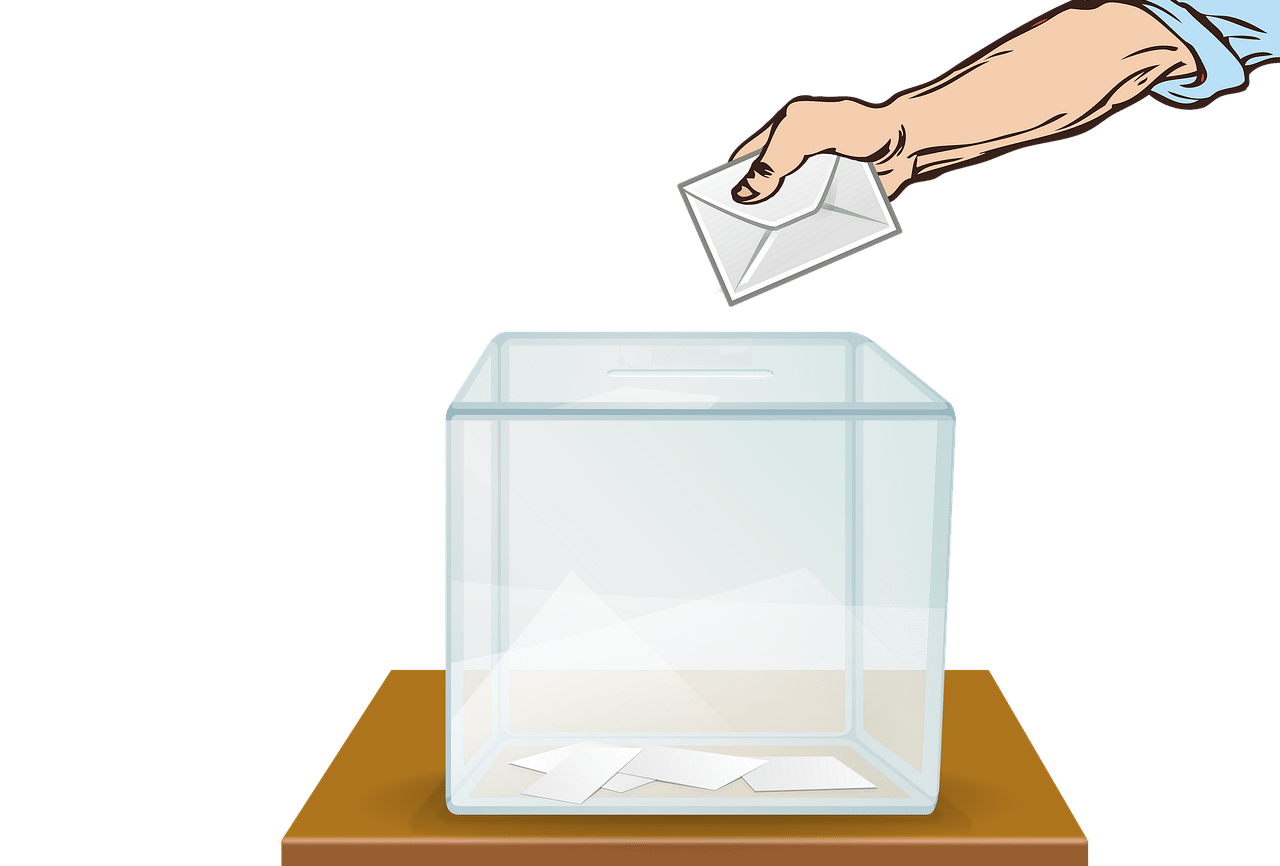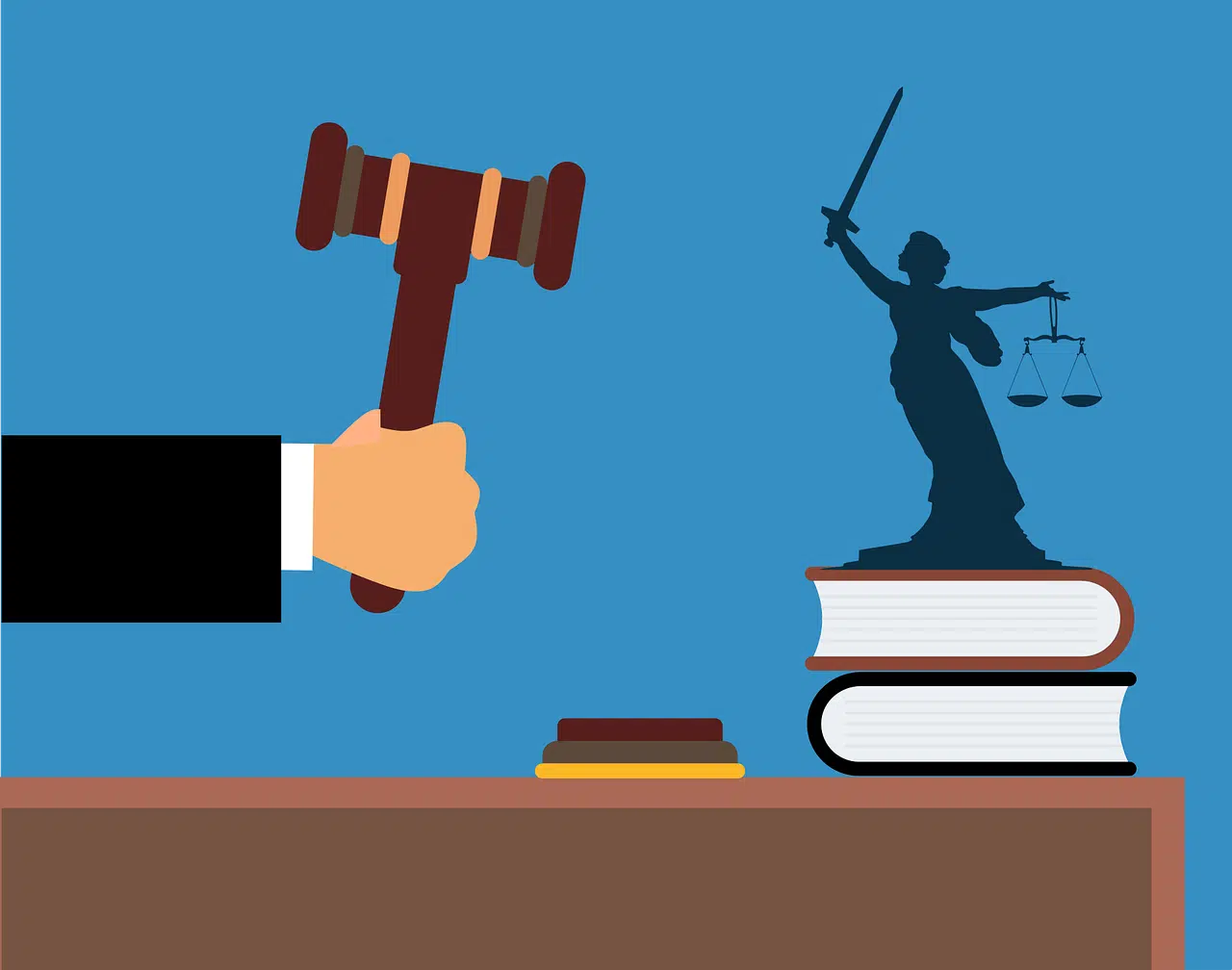
The separation of state powers arose in Ancient Greece.
The powers of the State are the supreme powers of the bodies that exercise the government and administration of a country. It is the set of institutions and organizations that, separated according to their function, make the political organization of the State possible.
In a representative democracy , it is usual to recognize a segmentation of these powers into three powers that are independent and have autonomy : the legislative power (which is responsible for creating laws), the executive power (which can approve or repeal the rules) and the judiciary (which is dedicated to the application of these rules). This separation of powers ensures a balance, since no power can abuse its powers or impose itself on the other.
History of the powers of the State
The history of state powers begins in Ancient Greece with Athenian democracy . In his work "Politics" , the philosopher Aristotle considered that sovereignty should be divided into three estates: one that commands, another that deliberates and finally one that judges.
In this framework, in the democracy of Athens magistrates , senators and tributes coexisted as public officials. There were also organizations such as the boulé (whose function was the formulation of decrees and bills submitted to the votes of the assembly known as ekklesia ) and the helia (with judicial powers), as well as the strategos (the military leaders).
There was, therefore, a separation of powers with officials elected by lot or direct suffrage, but representation did not exist. In other words: the form of government was direct democracy and not representative democracy.
In the Roman Republic , which lasted between 509 BC. C. and 27 a. C. , the separation of powers of the State granted executive power to the consuls (two consuls determined in elections by the citizens exercised their functions together for a year) and legislative power to direct assemblies and elections , while ratification The senators were responsible for the laws that these bodies voted on.

In a democracy, citizens vote for the candidates nominated by political parties to elect their representatives in some of the branches of government.
The contributions of Locke and Montesquieu
The British John Locke ( 1632 – 1704 ) is credited with the notion of division of powers since he distinguished, in 1690 , between the Legislative Branch that was dedicated to the creation of laws, the Executive Branch that executed and applied the legislation , and the Federative Power in charge of diplomacy and international ties. For Locke , the Legislative Branch was the main power of the State.
It was Baron de Montesquieu ( 1689 – 1755 ) who made reference to the separation of powers in 1748 , differentiating between the Legislative Branch , the Executive Branch and the Judicial Branch . It is important to note that Locke 's division of powers and Montesquieu 's separation of powers do not refer to exactly the same thing.
In Locke 's separation of powers, there was a preponderance of the Legislative Branch . In Montesquieu 's division of powers, on the other hand, no power was able to predominate over another, thus achieving mutual control in this balance or equality.

The Judiciary, one of the branches of government, is usually headed by the Supreme Court.
The powers of the State in different regimes
The division of powers ( Legislative Branch , Executive Branch and Judicial Branch ) is essential in a representative democracy. However, in other regimes and forms of government, it may be absent, as occurs with some monarchies and when despotism is exercised.
It is important to note that there are different ways of understanding the origin and objective of the State. It is generally accepted that the State is a human construction that aims to ensure the protection of individuals against other subjects. In this way, each person gives up part of their freedom and grants the monopoly of the use of force to the State so that it guarantees their rights.
However, States can function poorly and fail to fulfill the role that justifies their existence. On the other hand, sometimes the State itself violates people's rights , in such a way that the logic of its operation is lost.
As we said, in a democracy the State is expected to take care of social well-being , ensuring human rights through applied public policies . The fundamental law is the Constitution , which allows establishing certain regulations in social relations and guaranteeing what is known as the rule of law . In order for the State to fulfill its functions, inhabitants pay taxes: the funds collected make public spending possible, the maintenance of state infrastructure and the offer of essential public services linked to education, health, etc. In this context, the separation of state powers is needed to prevent abuses, although corruption and other evils distort the system.
In a dictatorship , on the other hand, there is no separation of powers and that mutual control is lost. Generally through the armed forces, a sector takes over the Executive Power , eliminates or neutralizes the political opposition and can even repeal the Constitution . If Congress or Parliament is dissolved, the Legislative Branch stops functioning, while Justice begins to respond directly to the government.
As can be seen, civil society enjoys a more advantageous position in a democracy than in a dictatorship. Civil rights , in fact, can be lost with dictatorial authorities that repress without control through the police, to mention one case, while in a democracy state intervention over citizens is regulated and individual freedoms are respected.
